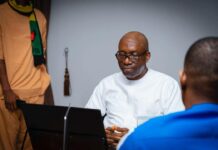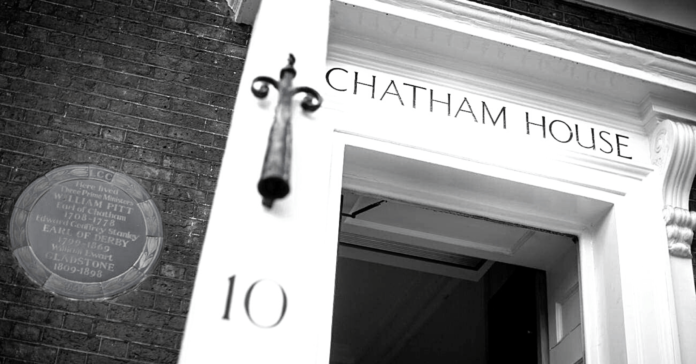A national survey conducted by Chatham House in collaboration with the National Bureau of Statistics reveals alarming levels of public distrust in Nigeria’s most pivotal institutions.
The study shows that the Nigeria Police Force and the Presidency have emerged as the most distrusted entities, reflecting deep-seated disillusionment with governance and security.
The 2023 household survey indicates that 46% of respondents “greatly distrust” the police, while only 7% express full confidence. Equally concerning, 36% say they greatly distrust the Presidency, with roughly the same percentage saying the same of the federal government.
Other governance bodies such as the courts, local councils, and state politicians also received low trust marks, indicating a widespread crisis of confidence across public institutions.
The report attributes this pervasive distrust to decades of ineffective governance reforms.
Despite over 25 years of anti-corruption campaigns, researchers argue these efforts have failed to deliver genuine accountability.
Instead, political dynamics dominated by party loyalty, unchecked misconduct, and selective law enforcement have severely undermined public confidence.
“Corruption has not only weakened Nigeria’s economy but corroded public trust in governance, fuelling repeated crises of legitimacy,” the report stated.
The survey also revealed a striking contradiction in public values.
While 59 percent of Nigerians agreed that in their communities “power matters more than honesty,” a larger share, 73 percent, said people feel bad when others are exploited.
Researchers interpret this as a reflection of the harsh social and economic realities many Nigerians face, prioritizing self-preservation alongside an enduring desire for fairness and justice.
Amid the widespread cynicism, the study found some grounds for optimism.
Nearly half of those surveyed believe their local communities are willing to monitor public spending on development projects.
Chatham House noted that the civic readiness surpasses the global threshold for effective citizen-led accountability movements.
The report recommends that anti-corruption strategies harness this communal desire for transparency by empowering citizens to demand better governance from their leaders.
These findings arrive at a critical juncture as the Nigerian government seeks to broaden its tax base.
However, the report warns that without rebuilding public trust, voluntary compliance with tax reforms remains unlikely.
To restore confidence, the researchers urge political leaders to clearly demonstrate how tax revenues are translated into public services, a step they say could help mend the fragile bond between citizens and the state.
“Nigeria is faced with a fundamental question: how to reduce the cost of being honest in a system where corruption is entrenched and formal institutions are widely distrusted,” the report stated.





